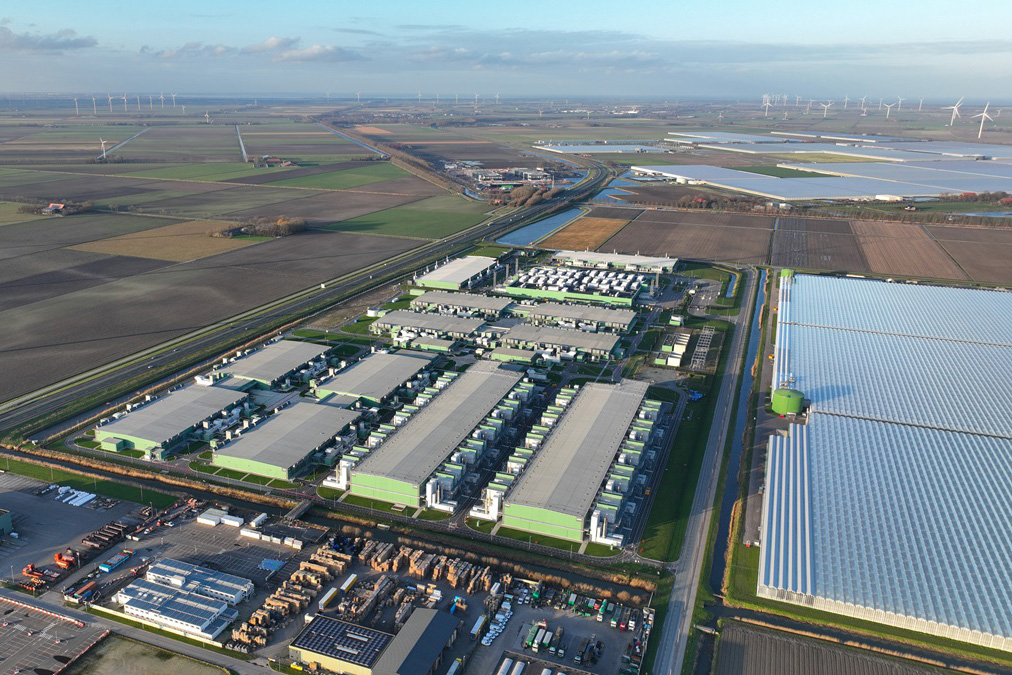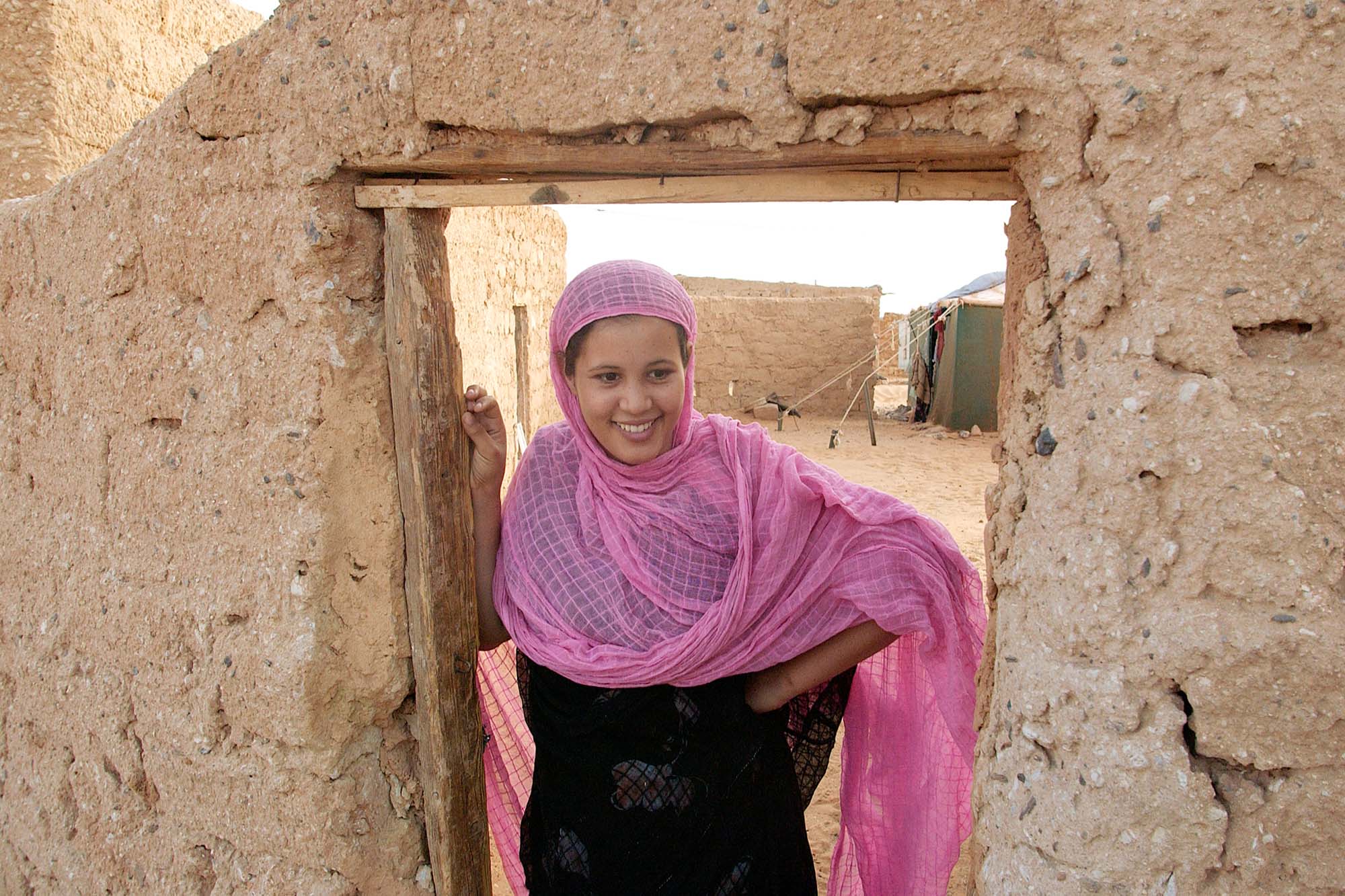Rural development goes beyond geographic boundaries and addresses critical challenges such as poverty, inequality, food insecurity, and sustainability. Celebrated on 6 July, World Rural Development Day promotes an integrated approach that values traditional knowledge, advances gender equality, and fosters digital inclusion. It calls on governments, international organizations and civil society to engage in tangible initiatives, informed policy dialogue, and community-led efforts to uplift and empower those who till the soil, harvest the seas, and nurture the land in the rural corners of the world.
Economic Development
Ahead of the Fourth World Conference on Financing for Development in Sevilla, Mariangela Parra-Lancourt highlights how smart investments in individuals can drive progress for all of society.
Government leaders, together with international and regional organizations, financial and trade institutions, businesses and civil society have come together at the highest level to foster stronger international cooperation at the Fourth International Conference on Financing for Development (FFD4) in Seville, Spain. The four day conference offers a unique opportunity to reform financing at all levels — including advancing reform of the international financial architecture and addressing financing challenges that hinder the urgently needed investment push for the Sustainable Development Goals (SDGs).
Despite a headline rise in 2024, UNCTAD warns that global FDI is in decline for the second year, exposing a widening disconnect between capital flows and development needs.
Over the past decade, migrants have sent US$5 trillion in remittances to low- and middle-income countries, exceeding official development assistance and equaling foreign direct investment. More than one-third of these funds have reached rural areas, where they count the most. Remittances are more than financial transactions; they are a lifeline for millions of families. As part of its decade-long campaign highlighting the role of remittances in achieving the SDGs, the International Day of Family Remittances (16 June) focuses on showcasing how these transfers contribute to financing development.
It’s more than just a metal. It’s in our phones, our homes, our cars – quietly powering our daily lives. As demand increases for clean technologies, like solar panels and electric vehicles, copper is increasingly in the spotlight. But what are the costs and consequences of mining it – and who really benefits? Can we meet these demands without repeating past mistakes? In this episode of UNCTAD’s The Weekly Tradecast, we speak with Professor Daniel Franks, Director of the Global Centre for Mineral Security at the University of Queensland. Listen now to learn about the global race for critical minerals, the environmental and social costs of extraction, and the urgent need for inclusive reforms in how we power our future.
The new annual Session of the International Labour Conference (Geneva, 2-13 June) addresses several pressing challenges that are shaping the future of work. Key topics on the agenda include protecting workers from biological hazards, exploring strategies to formalize informal employment and providing input for the upcoming World Summit for Social Development. As the ILO’s highest decision-making body, the Conference plays a central role in shaping international labour policy. This year’s focus reflects the need for responsive, inclusive approaches to evolving global labour realities.
The world faces interconnected crises—climate change, inequality, biodiversity loss, and financial instability—that demand unified action. Over 80% of the Sustainable Development Goals (SDGs) are linked to climate action, yet siloed efforts hinder progress. From 27 to 28 May, the UN Climate and SDGs Conference 2025 convenes global leaders, experts and advocates in Copenhagen to explore integrated solutions for both climate and SDGs. Organized by UN DESA and UN Climate Change, the event focuses on policy coherence, financing, innovation, and partnerships to drive transformative change.
In rural Guatemala, the Impúlsate programme is empowering indigenous women like Silvia with tailoring skills, turning lifelong dreams into income-generating opportunities and fostering economic independence.
Rising trade tensions and tariffs are roiling the global economy, fueling market volatility, driving inflationary pressures, and dampening growth prospects, especially in trade-dependent economies and already fiscally constrained developing countries. The mid-2025 World Economic Situation and Prospects report from UN DESA warns that pervasive uncertainty and the risk of supply chain disruptions and higher production costs threaten international trade and investment. The report also underscores the need for enhanced international cooperation to safeguard growth and sustainable development.
The next generation of innovators is rising from the developing world, and the World Bank Group is helping them thrive. By combining insight, finance, and partnerships, we've transformed $29 billion in donor support into $1.5 trillion in real-world impact.
UNCTAD forecasts global growth will slow to 2.3% in 2025, below the 2.5% global recession indicator, as escalating trade tensions and record-high policy uncertainty trigger financial volatility and erode business confidence worldwide.
According to Estelle Koussoube, a senior economist at the World Bank, and Kehinde Ajayi, a senior fellow at the Center for Global Development (CGD), investing in the economic success of adolescent girls in Africa can transform the continent. To learn more, listen to a new episode of the World Bank's Afronomics podcast.
AI and digital tools are transforming occupational safety and health (OSH) in the workplace. Today, robots perform dangerous tasks, manage toxic materials and work at extreme temperatures while digital devices and sensors help detect hazards early. But without proper OSH measures, these technologies can bring risks like accidents, ergonomic issues, work intensification, reduced job control and blurred boundaries. World Day for Safety and Health at Work (28 April) focuses on how new technologies are transforming OSH, highlighting automation, smart tools, extended reality, and algorithmic management.
As global growth slows to 2.3% in 2025 amid rising trade tensions, UNCTAD urges stronger policy coordination and regional integration to support developing economies.













